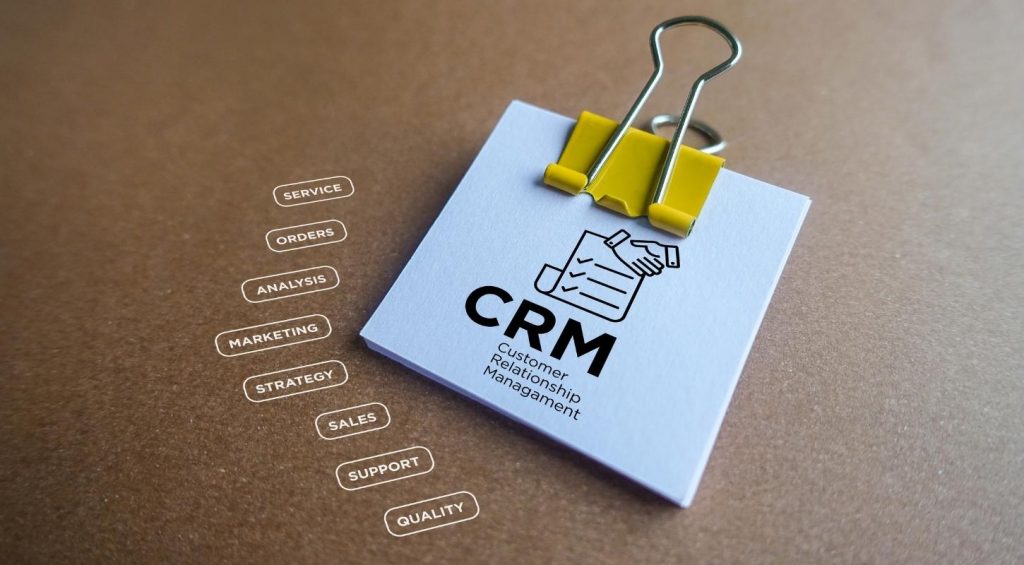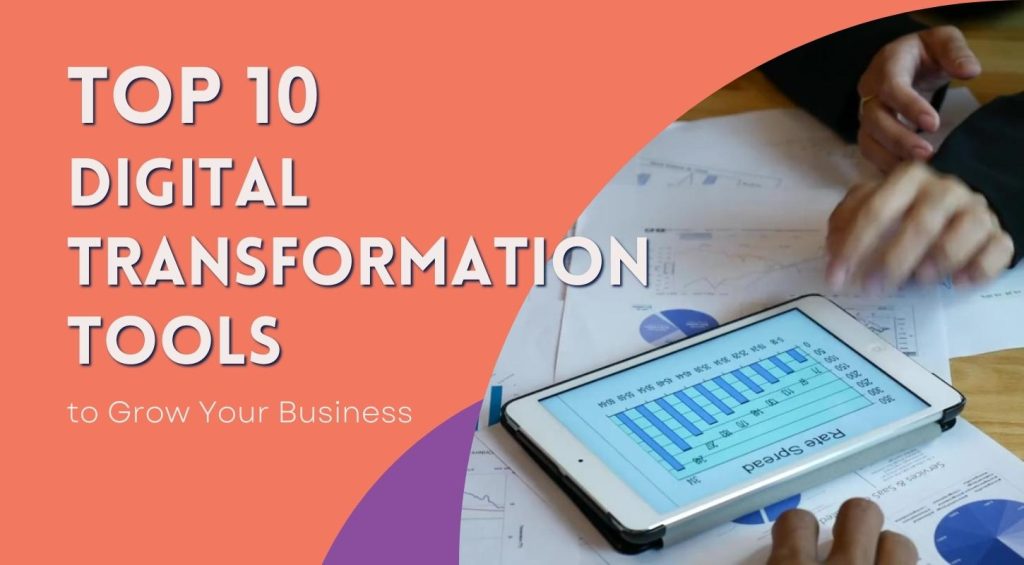CRM for Consultants
In the ever-evolving landscape of consulting businesses, success hinges on more than just expertise and experience. It’s about staying ahead of the curve, nurturing client relationships, and seamlessly orchestrating the intricate dance of business processes.
Welcome to the realm of CRM (Customer Relationship Management) for consultants—a dynamic force that’s transforming how independent consultants and consulting firms operate in today’s competitive arena.
Picture this: A powerful tool that not only streamlines lead management and contact information but also supercharges your sales processes. Imagine a CRM system that empowers you to effortlessly navigate the labyrinth of sales activities and sales cycles, all while providing intuitive workflow automation. It’s a game-changer, a strategic partner that adapts to your unique needs and fuels your consulting journey.
Join us on this enlightening exploration of CRM for consultants, where we unravel the key features, unveil the magic of pipeline management, and delve into project management essentials. Whether you’re a seasoned consultant, consulting firm, or just starting your journey, discover how CRM can elevate your consulting game, redefine client interactions, and set the stage for a thriving consultancy.
Also Read – CRM for Small Business
What Is a CRM?
Firstly, what is a CRM? CRM stands for customer relationship management software. It is a software application whose main function is to help companies keep their customers happy and satisfied with the services they are receiving. There are different functions of the software which help to achieve this goal. For instance, most CRM softwares will have features such as data entry and storage, reporting, analytics, and automation.

Benefits of CRM for Consultants or a Consulting Business
If you are unsure of whether or not a CRM will be a good idea for your work as a consultant, you should read on. Below, we will round up some of the benefits that come with a CRM system. These are benefits that can help a consulting business as well as other businesses in other industries!
Key Features of CRM for Consulting
Data Entry and Collection
The first feature of a CRM is its data entry and collection feature. One of the most important jobs of a CRM is to handle and store customer data, such as each individual customer’s preferences and the conversations that you have with them, too. This makes it easy to personalize services and communication styles–among other things–to their preferences. It then provides a better customer experience! The CRM will also store this data in one central location, making it easier to find and access the data when you need it.
Automation
Automation is another feature of CRMs. It helps to save valuable time that can be used for more important tasks. There are certain tasks in a business that are necessary to the business’ success, but are tedious and time consuming. These types of operational tasks–such as sending out contracts or informational pamphlets–can be automated so that consultants can spend their valuable energies on the jobs that actually need a human touch–such as client communication!
Workflow automation is a significant time-saver for consultants. CRM systems allow consultants to automate even routine tasks, such as sending follow-up emails, appointment reminders, and scheduling client meetings. This automation ensures that no critical steps are missed and allows consultants to focus on higher-value activities.
Analytics
Analytics and reports can also be run to show what sorts of approaches are working for business and which ones are not. They can be used to track the productivity of certain teams or branches of a firm–or of the firm as a whole. They can be valuable when a consultant or consultant firm is building a strategy–for example, in terms of marketing approach, among other things.

Contact Management
CRM systems offer comprehensive contact management capabilities. Consultants can create detailed profiles for each client, including contact information, communication history, preferences, and notes. This feature ensures that consultants have a holistic view of their clients, making it easier to provide personalized services and build strong relationships.
Lead Management
Lead management within CRM systems allows consultants to capture and organize potential leads effectively. Consultants can categorize leads based on their source, level of interest, and stage in the sales funnel. This helps consultants prioritize leads and allocate resources efficiently to convert them into clients.
Sales Process
CRM platforms enable consultants to define and optimize their unique sales processes. They can create customized workflows that outline the steps from lead generation to deal closure. Consultants can map out the specific actions, tasks, and interactions required at each stage of the sales cycle, ensuring consistency and efficiency.
Pipeline Management
CRM tools provide visual representations of the sales pipeline. Consultants can see the status of all opportunities and deals in one place. This feature helps consultants track the progress of potential clients, forecast revenue, and make informed decisions about resource allocation.

Project Management
Some consulting CRM systems offer project management features, especially beneficial for consultants working on client projects. These features help consultants organize tasks, set milestones, allocate resources, and track project progress. It ensures that projects are completed on time and within budget.
Sales Activities / Sales Cycle
Enables consultants to log and track all their sales activities. Consultants can record interactions with clients, including phone calls, emails, meetings, and notes. This comprehensive activity history helps consultants stay organized and ensures that clients receive timely responses and follow-ups.
CRM tools offer a complete view of the sales cycle, from lead generation to closing deals. Consultants can monitor each lead’s progress through the funnel and identify potential bottlenecks or areas for improvement. This visibility enables consultants to make data-driven decisions and adapt their strategies as needed.
Marketing Automation
A CRM (Customer Relationship Management) system offers valuable support to consultants in the realm of marketing automation, enabling them to streamline their marketing efforts and execute effective campaigns. Here’s how a CRM can assist consultants with marketing automation, with a focus on marketing campaigns:
- Contact Management: A CRM acts as a centralized database for all your client and prospect information. Consultants can segment their contacts based on various criteria, such as industry, location, or engagement level. This segmentation is essential for targeted marketing campaigns, ensuring that the right message reaches the right audience.
- Lead Management: CRM systems help consultants capture and nurture leads effectively. When a new lead is added to the CRM, automation workflows can be triggered. For instance, an automated welcome email series can be sent to new leads, introducing them to your services and gradually moving them through the sales funnel.
- Personalized Messaging: Personalization is key in modern marketing campaigns. A CRM allows consultants to personalize email content, subject lines, and even the timing of messages based on each contact’s preferences and behavior. Personalized communication is more likely to resonate with recipients, increasing campaign effectiveness.
- Marketing Campaign Tracking: CRM systems provide robust analytics and tracking features. Consultants can monitor the performance of their marketing campaigns in real-time. They can track open rates, click-through rates, conversion rates, and more. This data helps in evaluating campaign success and making data-driven adjustments.
- Automated Campaign Workflows: Marketing automation in a CRM allows consultants to set up intricate campaign workflows. For example, if a prospect clicks on a particular link in an email, an automated follow-up email can be triggered, offering more information on the clicked topic. This automation ensures that leads are engaged at the right moment and with relevant content.
- Drip Campaigns: Consultants often use drip campaigns to nurture leads over an extended period. A CRM makes it easy to create and manage these automated drip sequences. Drip campaigns can include educational content, case studies, testimonials, and promotional offers strategically sent to leads at predefined intervals.
- Lead Scoring: CRM systems often include lead scoring capabilities. Consultants can assign scores to leads based on their interactions and engagement. Leads with higher scores indicate greater interest and readiness to convert. Consultants can then prioritize their efforts on high-scoring leads for more targeted campaigns.
- Integration with Marketing Tools: Many CRMs offer integrations with popular marketing tools such as email marketing platforms, social media scheduling tools, and analytics software. This integration streamlines the execution of marketing campaigns, allowing for seamless data transfer between systems.

Evolved Metrics
By now, you surely know why a CRM can be a great addition to your consulting business, but may be unsure where to start your research. Choosing the best CRM for consulting requires careful consideration of specific needs. A great option for CRM for consultants is Evolved Metrics. This is a software that was designed for small to mid sized businesses, so it does not have unnecessary features or unnecessary bells and whistles that can be difficult to adjust to. It can also integrate with the systems that you are already using in your business, such as your email carrier–and can then collect data and store conversations from here.
The software is easy to learn and quick to install, and can even be customized according to the needs of your firm. If Evolved Metrics sounds like a good fit for you, check out their free demo so that you can see the software working in real time to help inform your decision!

Incorporating CRM into your consulting business is more than just an investment; it’s a strategic move that promises to revolutionize your operations and position your consultancy for sustainable growth. As you navigate the ever-evolving landscape of consulting, remember that your most valuable asset is the trust and loyalty of your clients. CRM for consulting serves as the bridge between your expertise and their success, propelling your business towards new heights.
So, whether you’re an independent consultant or part of a consultancy firm, seize the opportunity to grow your business with CRM. Embrace the power of streamlined processes, data-driven decision-making, and unparalleled client engagement. As you embark on this transformative journey, rest assured that CRM for consulting is not just a tool; it’s a catalyst for your consultancy’s evolution.
Frequently Asked Questions
What is the difference between Consulting CRM Software and a CRM Consultant?
A CRM is a customer relationship management software. It can be very useful for a number of industries, as well as for people who work as consultants in these industries. CRM can be designed specifically to function for consultants. On the other hand, a CRM consultant is a person whose job it is to provide the operational services for clients on the CRM system, such as custom development or application management, to name a few.
Do consulting firms use CRM?
CRM software, or customer relationship management software, is a software that can be utilized in many different industries to help improve and upkeep the relationships between a company and its clients or potential sales leads. Consulting firms are a great example of one of the types of companies that utilize a customer relationship management software. This software has many different benefits for consulting firms, such as data entry and cloud based storage–making it easy to keep all client data straight– and automation and task management to free up human labour for more important tasks–and actual consulting!
How Would a CRM benefit a Consultant or a Consulting Firm?
The consulting industry is one that has consultants coming into contact with a lot of data on the daily–and a CRM software can help with that. There are a few ways that a CRM can benefit consultants or consulting firms, and the first is by collecting and storing the data they interact with. This could be collected through phone calls, emails, or text messages. It is then stored in a cloud based central location for easy access. CRMs can also automate some of the more tedious and thankless tasks that are necessary for daily business operations.
Who uses CRM in a company?
While a CRM tool can be used by many different companies in different business sectors or industries, there are certainly some members of the company that benefit more from this software application than others might. All team members and businesses do stand to benefit from customer relationship management software, as there are functions such as analytics and automation that can be useful for all different departments. However, the sales teams and marketing teams in a company are typically those who use the CRM the most and benefit from it the most, as well. It can help them to increase their efficiency by streamlining the sales process by creating a sales pipeline and creating marketing automation.
Business Culture in Canada – What is it and How Do I Build it in My Company?
Exploring Business Culture in Canada Welcome to Canada, a land celebrated for its diversity and…
Change Management – What is it and How Will it Help My Business?
Mastering Change Management: Strategies for Success In a world where the only constant is change,…
Top 10 Digital Transformation Tools
Digital Transformation Tools – 10 Essential Tools to Support Your Digital Transformation In the digital…
Which DISC Type Makes the Best Leader
Which DISC Type Makes the Best Leader? Have you ever wondered what sets apart effective…
DiSC S Personality – A Closer Look
DiSC S Personality – A Closer Look The DiSC model of personality assessment has gained…
DiSC I Personality: A Deep Dive
Understanding DiSC I Personality DiSC, which stands for Dominance, influence, Steadiness, and Conscientiousness, is a…








